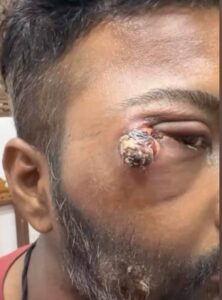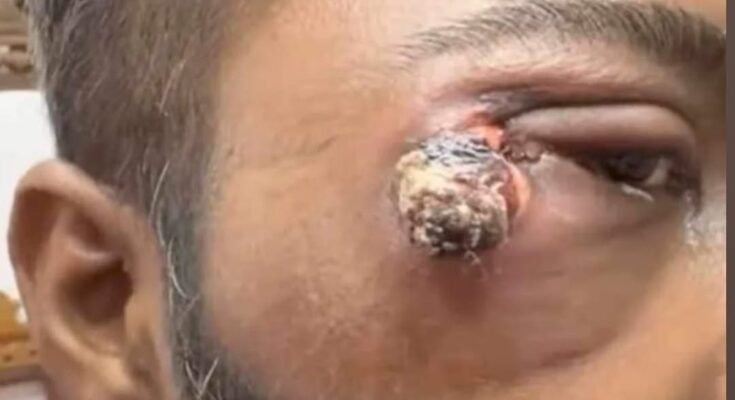cne is a common skin condition that affects people of all ages, often caused by clogged pores, excess oil, bacteria, or hormonal changes. While it’s not dangerous, acne can impact confidence and self-esteem, making effective removal and prevention methods important.

The first step to acne removal is maintaining a consistent skincare routine. Cleanse your face twice a day with a gentle, non-comedogenic cleanser to remove dirt and oil without irritating the skin. Exfoliating once or twice a week can also help unclog pores and remove dead skin cells, but avoid over-exfoliation, which can cause inflammation.
Topical treatments containing ingredients like benzoyl peroxide, salicylic acid, or retinoids are highly effective for reducing breakouts. These help kill acne-causing bacteria, reduce oil production, and promote cell renewal. For severe or persistent acne, consulting a dermatologist is essential. They may prescribe oral medications, antibiotics, or professional treatments such as chemical peels, laser therapy, or microneedling.
In addition to topical care, lifestyle habits play a major role in acne control. Drinking plenty of water, maintaining a balanced diet rich in fruits and vegetables, reducing stress, and avoiding frequent face touching can significantly improve skin condition.
Consistency and patience are key — acne removal doesn’t happen overnight. With proper care, professional guidance, and a healthy routine, clearer, smoother skin is achievable for everyone.



